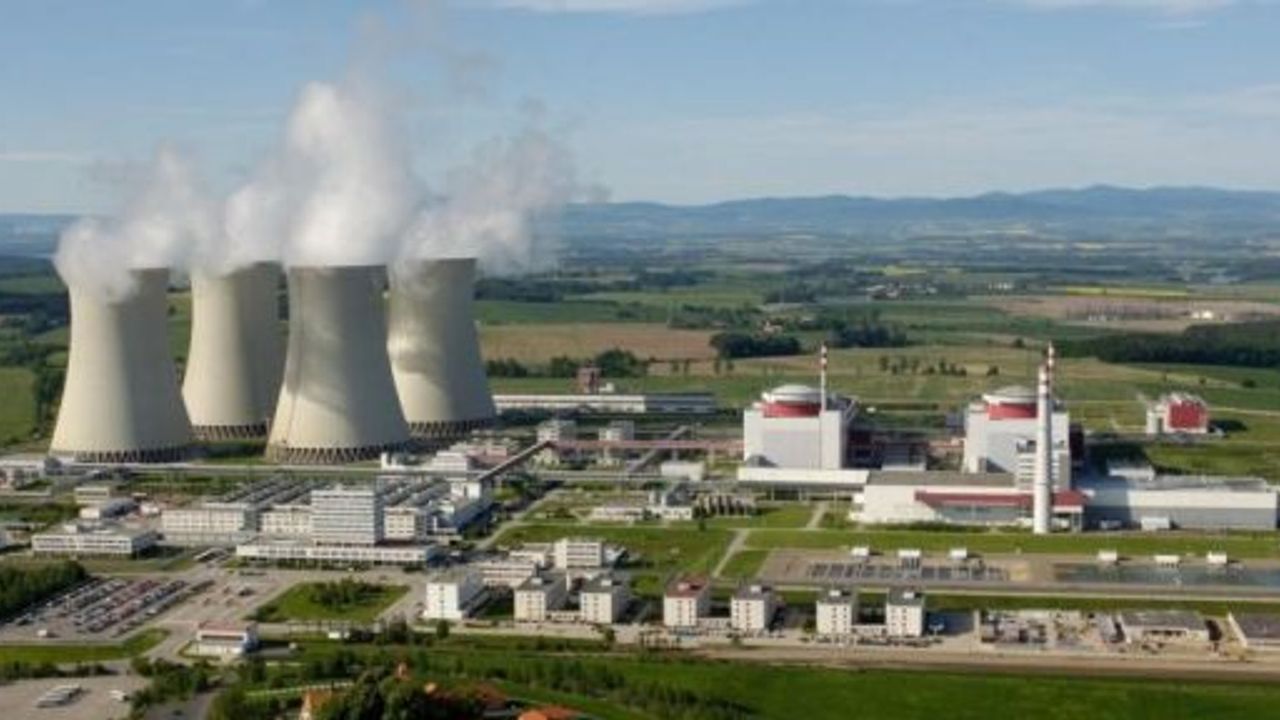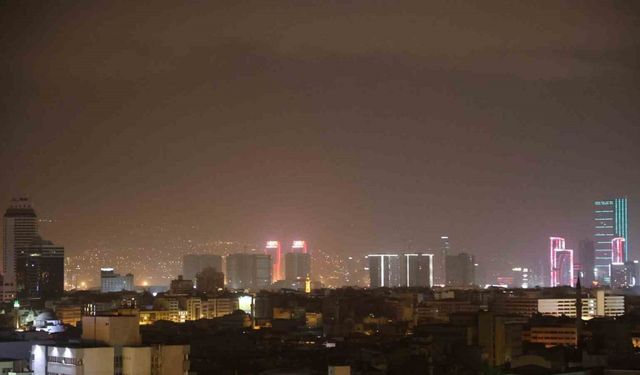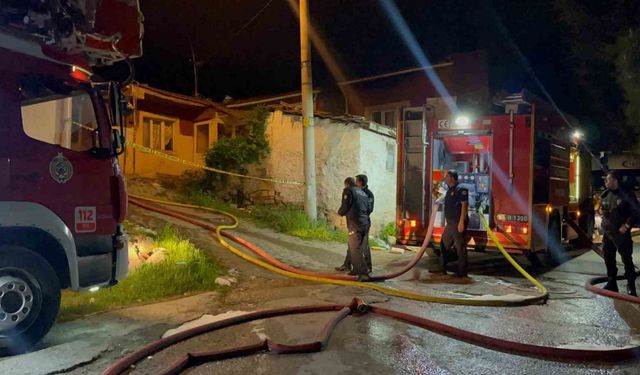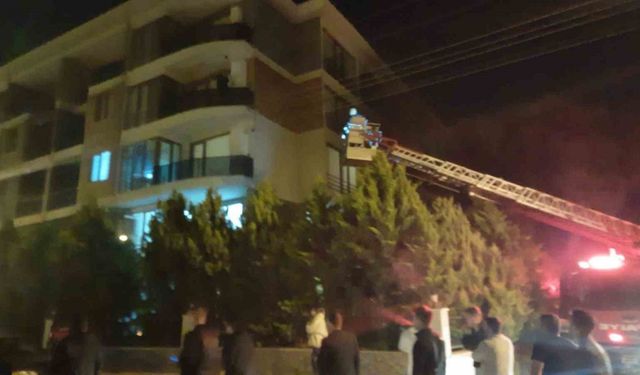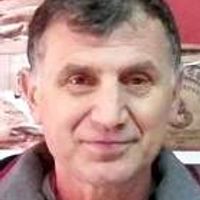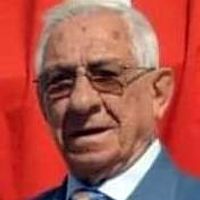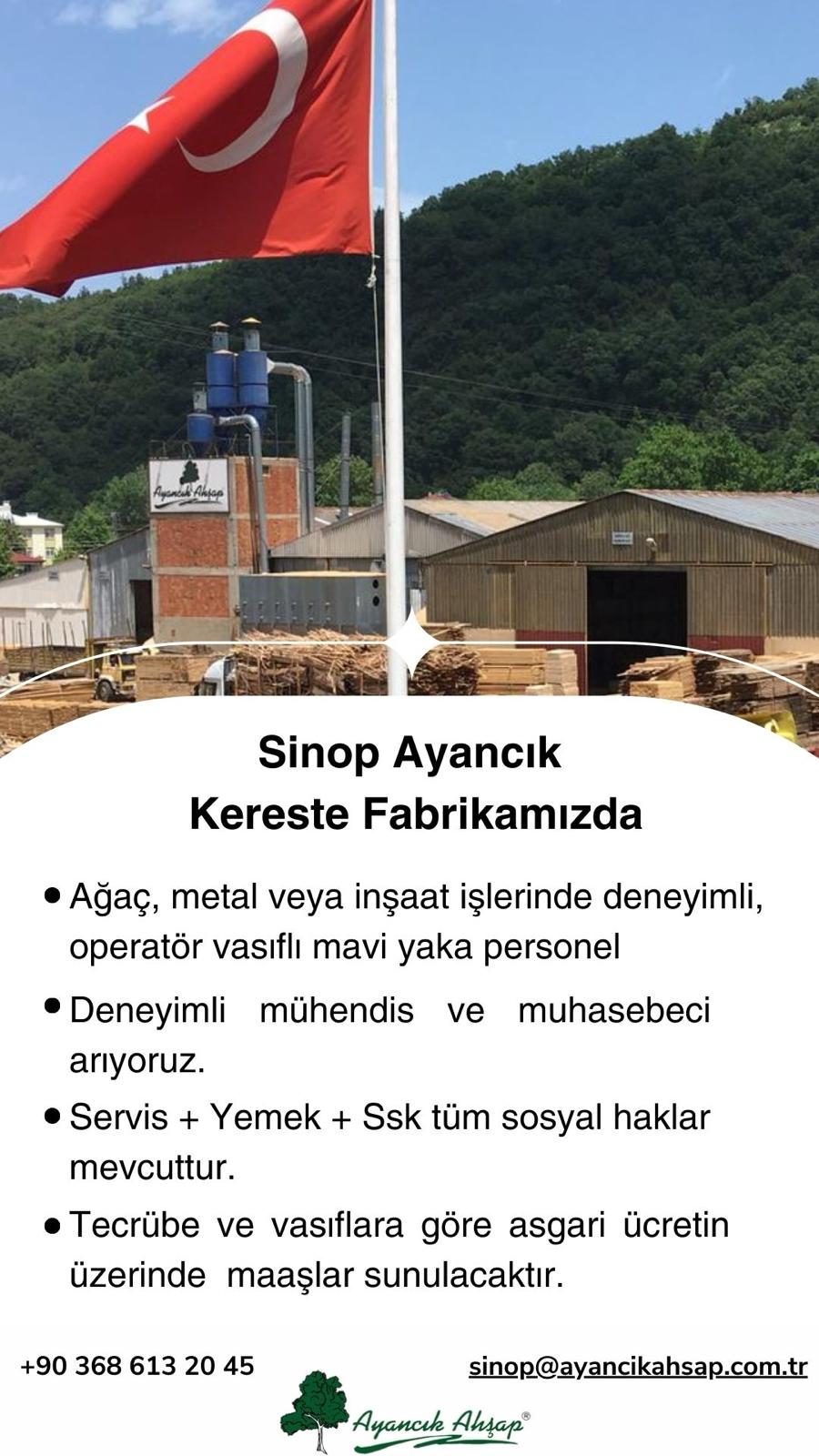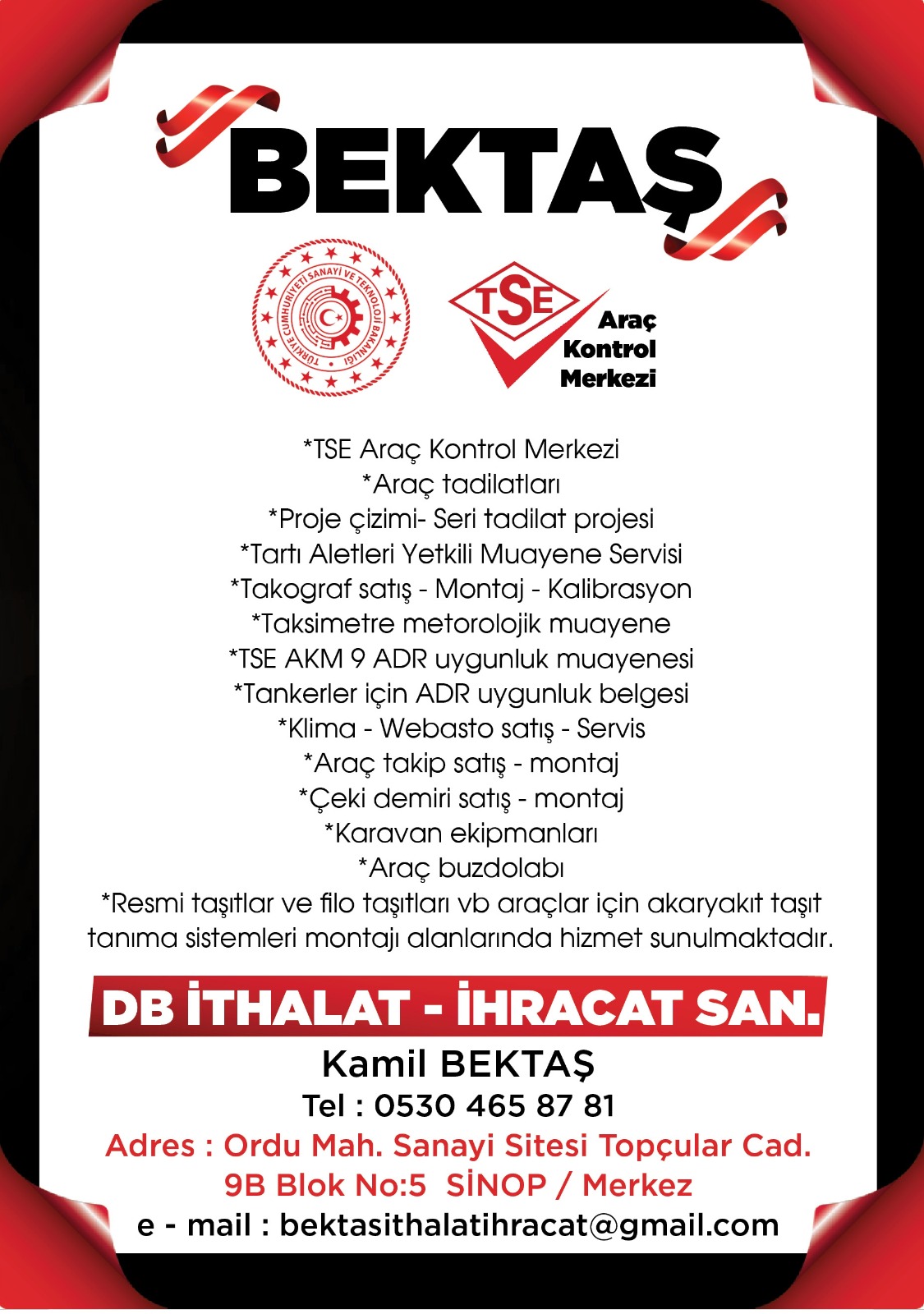Turkey starts to build its first nuclear power plant in 2015, seen as key for its economic engine
Czech Republic can be a model with its nuclear power implementation and policies for Turkey, which is about to build its first nuclear power plant.
Turkey, with a strong will to build nuclear plants, plans to start construction of its first power plant in its southern coast, Akkuyu, in 2015 with Russia's Rosatom, while a French-Japanese consortium will undertake the second project in the northern province of Sinop.
Czechs' two nuclear power plants, Temelin and Dukovany, have a 20 percent share in the installed capacity of the country, while they produce 35 percent of its electricity, 30.7 terawatt-hours in 2013, according to World Nuclear Association (WNA).
However, the most outstanding point in Czech Republic's nuclear story, which started with the first nuclear reactor opening in 1985, is that Czechs have produced all the parts of the Temelin power plant domestically including the VVER 1000 reactor, former generation of VVER1200 that will be placed in Turkey's Akkuyu plant.
Temelin Nuclear Power Plant, which has two reactors with 1,000 megawatts (MW) of capacity, is located 140 km south of the capital Prague, near Temelin village, in South Bohemian Region. More than 1,100 people work in the power plant.
The Czech government is committed to increasing nuclear power production, targeting to diminish the weight of coal in electricity production and keeping up with its pledges to the EU of clean energy by cutting carbon emissions.
"Nuclear is expected to become the main source of electricity production with its share rising from the present 35 percent to between 46 and 58 percent in 2040," WNA says.
Nuclear power came under question following the nuclear leak in Japan's Fukushima plant due to 2011's disastrous earthquake. Because of security concerns, Temelin, one of the best-operated plants in the world, has a protection level of 8 times the world average.
Czech authorities inform German and Austrian regulators daily over the operations in Temelin due to the plant's proximity to those countries.
As part of its security measures, Temelin visitors go through routine radiation controls and are kept under close watch by security guards during their visits.
The management of Temelin plant, operated by public company CEZ Group, has conducted an open and transparent policy, with The Green Party from Germany and Greenpeace among its 30 thousand annual visitors.
Temelin has also taken environmental concerns into consideration as what comes out from its four 150-meter high cooling towers is nothing but water vapor.
Also, in case of emergency, evacuation plans are set for the 5 km and 30 km area around the plant, which uses advanced instrumentation and control systems for security.
Uranium to run the reactors is imported from Russia, delivered by plane to Temelin, while radioactive waste of the used fuel is being stored in 30-year temporary storages. The process for permanent disposal is underway.
Czech Republic is also working to transform the country's industrial system to be compatible with nuclear energy, while providing high-level nuclear engineering education to create a qualified work force in the sector.
Reporting By Ata Ufuk Seker, Writing By Furkan Naci Top
Anadolu Agency
Editör: Vitrin Haber
